:max_bytes(150000):strip_icc():format(jpeg)/VWH-GettyImages-1457158821-893782d2992040988de1c7a659bb0af6.jpg)
If you have trouble falling asleep at night, eating a banana might help you get to sleep. A banana has several effects on your body that could support better sleep.
Jump to Key Takeaways.
1. Tryptophan Turns Into Hormones That Help Sleep
Bananas contain tryptophan, which is an amino acid (a building block of protein) that your brain used to produce the hormones serotonin and melatonin:
- Serotonin is a hormone that helps with relaxation and regulating sleep.
- Melatonin is a hormone that helps to regulate sleep cycles
Some studies suggest that tryptophan from food may help you fall asleep faster and sleep more soundly. Bananas at the yellow stage of ripeness have the most tryptophan. Bananas that are overripe (turning brown) contain melatonin.
2. Magnesium Helps Muscles Relax
In addition to tryptophan, bananas also contain magnesium. This mineral can have an impact on sleep. Magnesium helps your muscles and nerves calm down, and can also play a role in the development of melatonin. People low in magnesium may have trouble sleeping, so eating a banana before bed may help them relax.
3. Potassium Can Help Nighttime Cramps
Bananas are recognized as a good source of potassium. Potassium is an electrolyte (charged mineral) that can help prevent muscle cramps while you sleep. It may also support overall sleep quality by helping your body relax.
4. Carbs Boost Tryptophan in the Brain
A medium banana provides 27 grams of carbohydrates. When you eat carbohydrates before bed, it can make it easier for tryptophan to get into your brain. Increased tryptophan can improve serotonin and melatonin production, which could help you fall asleep faster.
5. Fiber Helps You Feel Full
The fiber in bananas can keep you from waking up hungry. Feeling comfortably full may help prevent waking up from hunger in the middle of the night.
A medium banana contains 3 grams of fiber. Unripe bananas have the most fiber, whereas more has been converted to sugar in a ripe banana.
6. Vitamin B6 Improves Sleep Hormones
Bananas provide vitamin B6 (pyridoxine). This essential nutrient supports the formation of serotonin and melatonin in the brain to help improve sleep.
7. Timing Matters
Although eating a banana at bedtime may help improve sleep, it may be even more beneficial to eat it one to two hours before bedtime. This allows the body time to digest the fruit and process its nutrients.
What Else Can Help You Get a Good Night’s Sleep?
Don’t rely only on bananas. Bananas may help, but they aren’t the only thing that can help quality sleep. Maintaining good sleep routines is also crucial for achieving quality sleep.
Healthy sleep routines can include:
- Limiting screen time before bed
- Going to bed at the same time every night
- Having a cool, dark, and quiet bedroom
- Limiting caffeine in the afternoon and evening
If you have ongoing difficulty falling asleep or staying asleep, see a healthcare provider for an assessment. You could have a sleep disorder that needs to be addressed.
Lack of quality sleep is linked with many issues, including difficulty in managing weight, poor performance at work or in school, heart disease, high blood pressure, diabetes, and depression.
Key Takeaways
- Bananas may help you sleep better by providing nutrients like tryptophan, magnesium, potassium, and vitamin B6, which support melatonin production and muscle relaxation.
- A small banana before bed might reduce cramps and help you feel full, but more research is needed to confirm its direct effect on sleep.
- Good sleep still starts with strong habits; maintain a regular bedtime, limit screen time, and create a calming environment for optimal results.



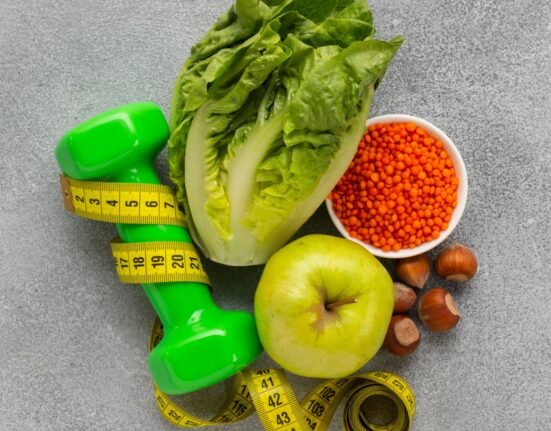




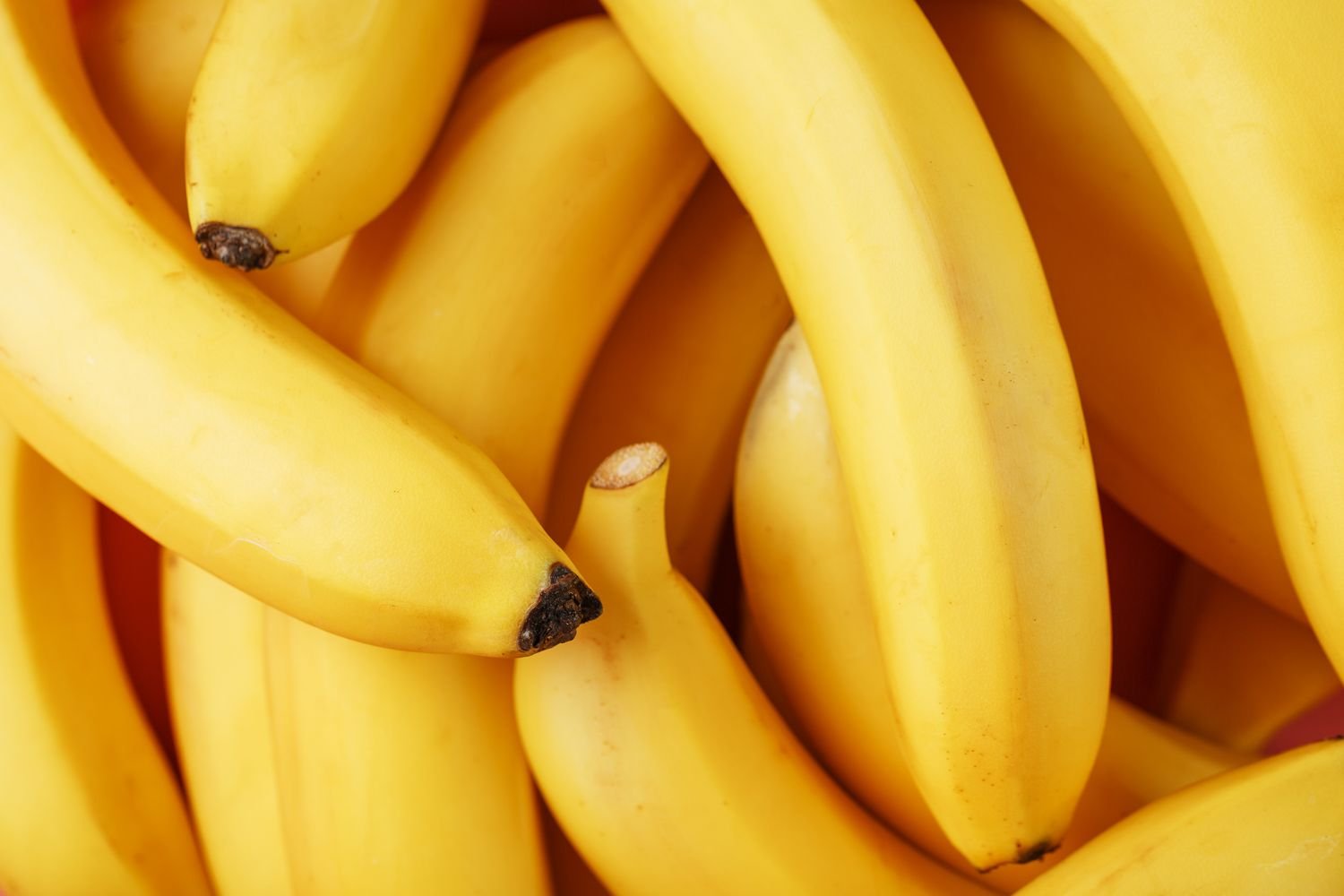
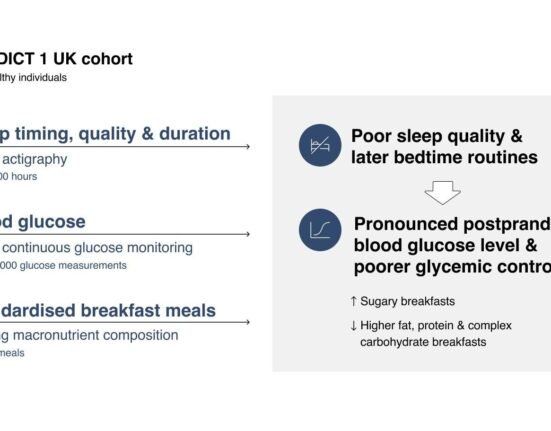
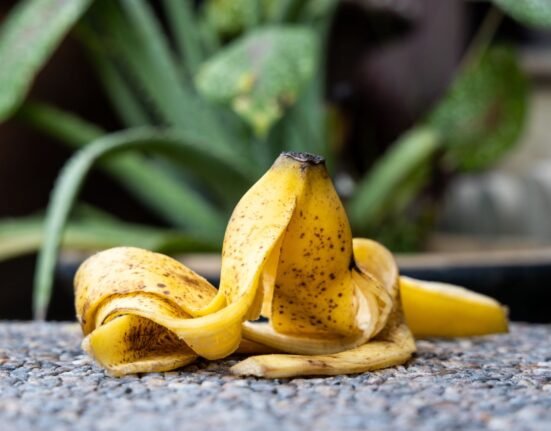
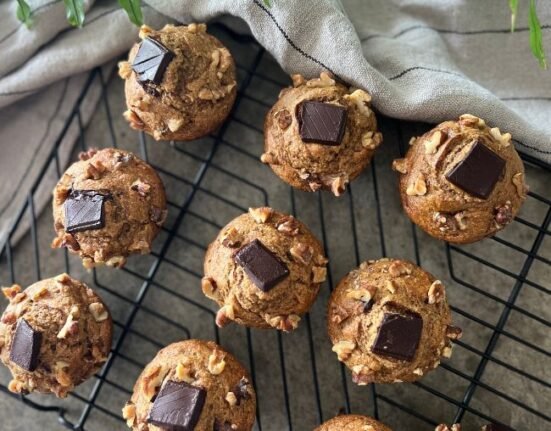
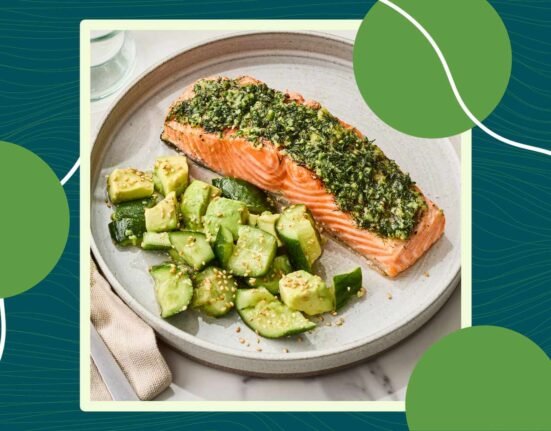
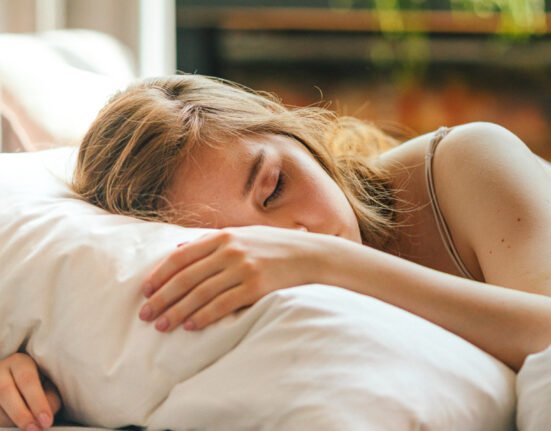

Leave feedback about this